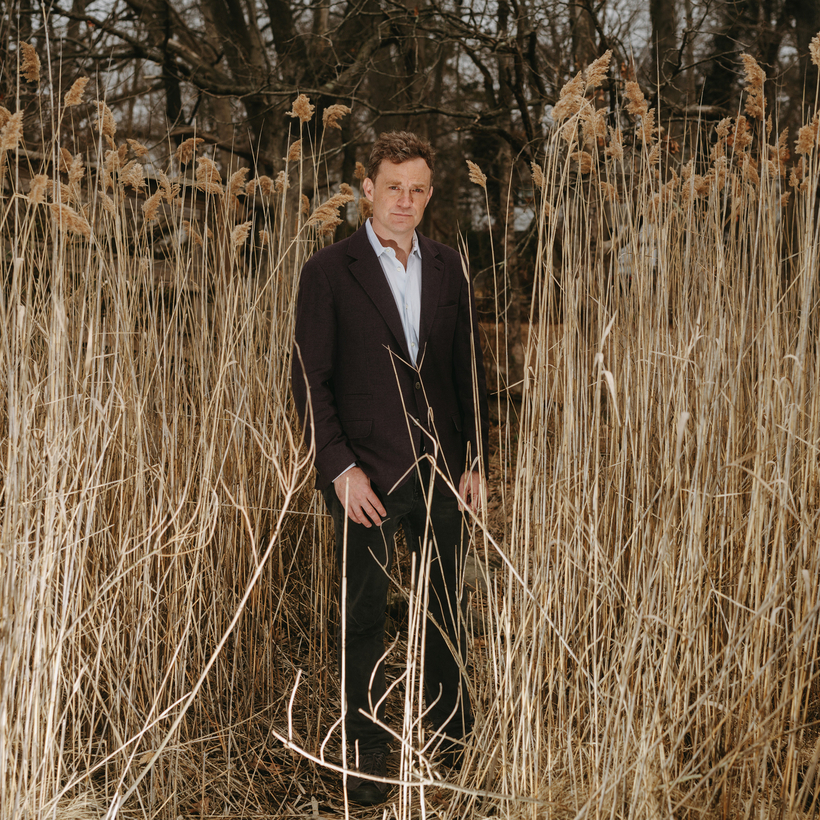Few writers possess the talent and range of Patrick Radden Keefe, and it is also fair to say that even fewer can outmatch his productivity. He is best known for his best-selling books on the Sackler family (Empire of Pain) and the Irish Troubles (Say Nothing), but he has also written books on people-smugglers (The Snakehead) and government eavesdropping (Chatter). Now comes the publication of Rogues: True Stories of Grifters, Killers, Rebels and Crooks, a collection of his magazine pieces for The New Yorker. It is a marvel of a book, showcasing not just Keefe’s diverse interests but also his skill at marrying investigative journalism with terrific storytelling. Keefe lives in New York.
JIM KELLY: The range of subjects in your new collection is both startling and impressive, from a vintage-wine con man to El Chapo, to a global arms broker, to Mark Burnett, the creator of The Apprentice, who turned Donald Trump from a mediocre real-estate developer into America’s top business boss and thus paved his way to the White House. Is there a common thread here among these characters that attracted them to you?

